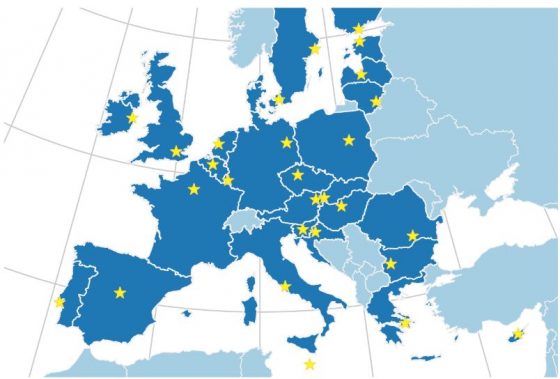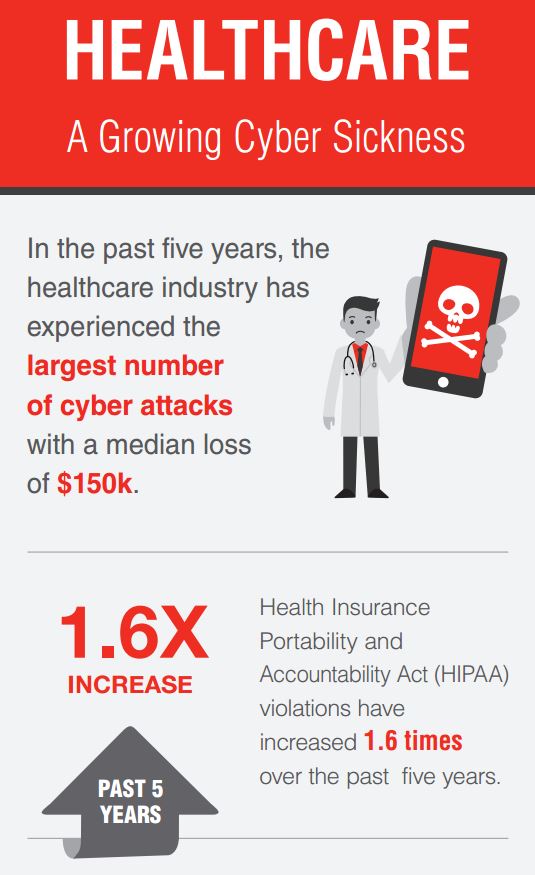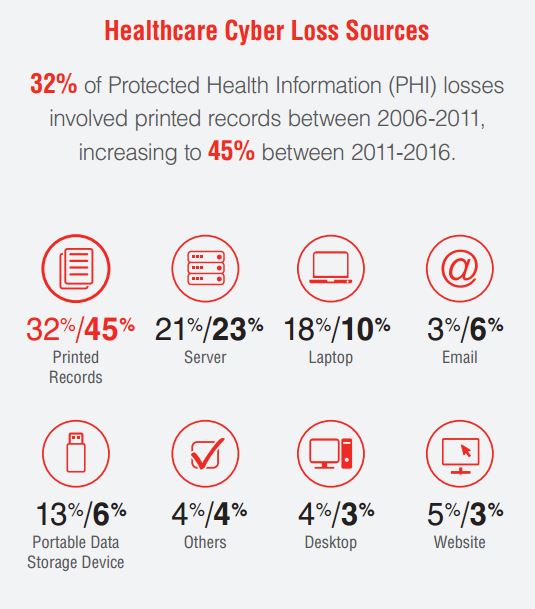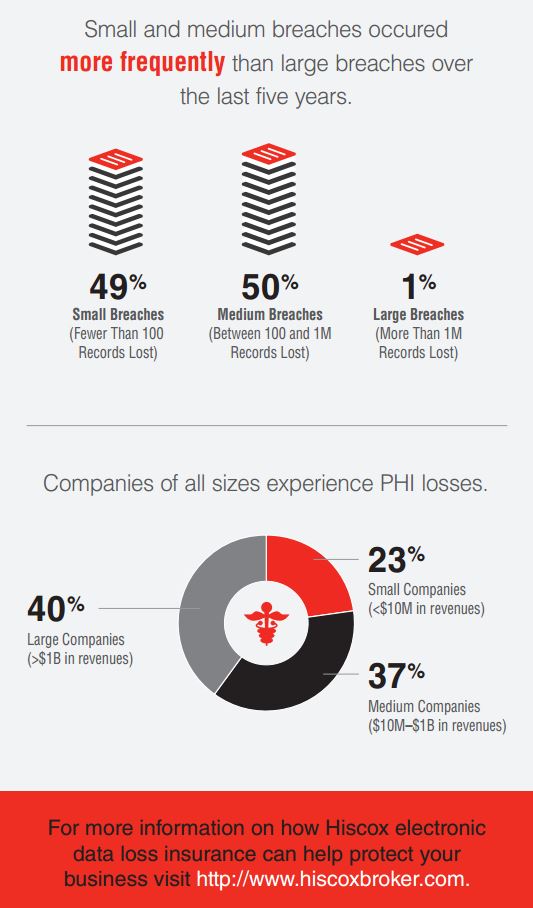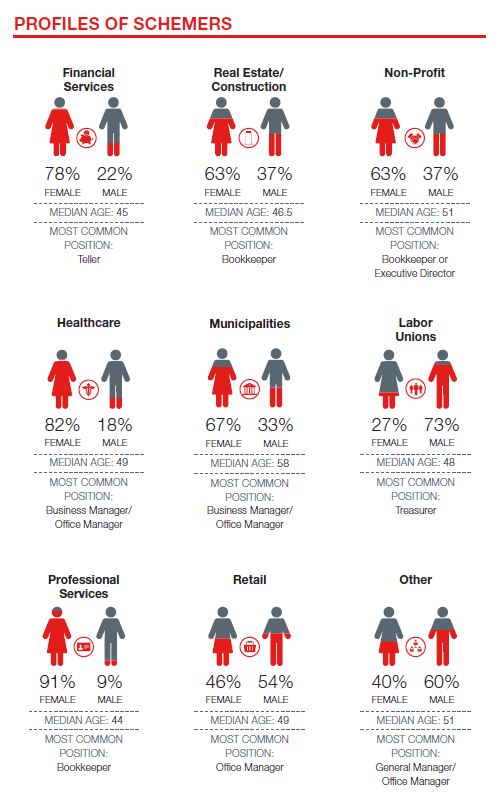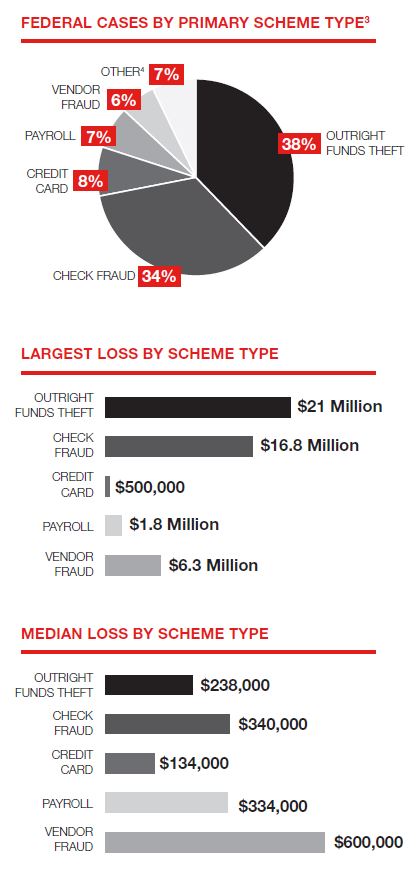The state of New York is implementing sweeping new regulations designed to protect insurers, banks and others from the growing wave of electronic security breaches which are making headlines and causing headaches across the financial services industry.
The new rules, slated to take effect March 1, mandate that insurers, banks and other financial services institutions regulated by the Department of Financial Services (DFS) establish and maintain a cybersecurity program. In addition to setting program standards, the 12-page document also provides definitions for companies as well as laying out “Transitional Periods” of 180 days to two years for companies to comply with different parts of the conditions and parameters of the regulations.
Entities must create and maintain written policies, requiring board-level or equal approval, setting out the company’s cybersecurity plan. Companies also must designate a chief information security officer (CISO), either in-house or third-party, who will be required to report annually to the company’s board.
online pharmacy
celexa with best prices today in the USA
The rules call for stress testing of systems and periodic risk assessment and for the inclusion of third party service providers in a company’s cybersecurity plan.
The regulations will be published in the New York State register on March 1 and lay out the Department’s logic in establishing the new standards.
online pharmacy
sinequan with best prices today in the USA
According to the document:
“The New York State Department of Financial Services (DFS) has been closely monitoring the ever-growing threat posed to information and financial systems… Given the seriousness of the issue and the risk to all regulated entities, certain regulatory minimum standards are warranted, while not being overly prescriptive so that cybersecurity programs can match the relevant risks and keep pace with technological advances… It is critical for all regulated institutions that have not yet done so to move swiftly and urgently to adopt a cybersecurity program and for all regulated entities to be subject to minimum standards with respect to their programs.”
New York’s regulatory framework is the first of its type in the nation, according to a release from the Governor’s office.
“New York is the financial capital of the world, and it is critical that we do everything in our power to protect consumers and our financial system from the ever-increasing threat of cyber-attacks,” Governor Andrew M. Cuomo said in the statement. “These strong, first-in-the-nation protections will help ensure this industry has the necessary safeguards in place in order to protect themselves and the New Yorkers they serve from the serious economic harm caused by these devastating cyber-crimes.”
Under development since 2014, proposed new regulations were first published in September 2016, followed by a 45-day comment period. Updated proposed regulations were then published in December 2016, followed by a 30-day period for comments. Then in December, N.Y. state delayed implementing the rules and subsequently adjusted some requirements to reflect input from the industry, which asserted the rules were burdensome and said they would need more time to comply.
In addition to these accommodations, DFS took measures not to burden smaller businesses by establishing limited exemptions for companies with fewer than 10 employees, less than $5 million in gross annual revenue in each of the last three fiscal years from New York business operations, or less than $10 million in year-end assets.
According to the statement from the Governor’s office, the new regulations mandate:
• Controls relating to the governance framework for a robust cybersecurity program including requirements for a program that is adequately funded and staffed, overseen by qualified management, and reported on periodically to the most senior governing body of the organization
• Risk-based minimum standards for technology systems including access controls, data protection that includes encryption, and penetration testing
• Required minimum standards to help address any cyber breaches including an incident response plan, preservation of data to respond to such breaches, and notice to DFS of material events
• Accountability by requiring identification and documentation of material deficiencies, remediation plans and annual certifications of regulatory compliance to DFS
While cybersecurity has become an outsized concern for many business as high-profile breaches have played out in the media, sometime drawing in millions of consumers and costing companies millions of dollars in addition to precious reputational damage, many businesses remain under—or unprepared—for the challenges posed by cyber threats.
Indeed, The Hiscox Cyber Readiness Report 2017 surveyed managers and IT specialists at 3,000 small to large companies in the U.S., U.K. and Germany and found that just over half, 53%, of businesses are ill-prepared to deal with cyber-attacks. The study ranked companies from novice to expert in four key areas: strategy, resourcing, technology and process. Only 30% qualified as “expert” in their overall cyber readiness, of which 49% were U.S.-based companies.
